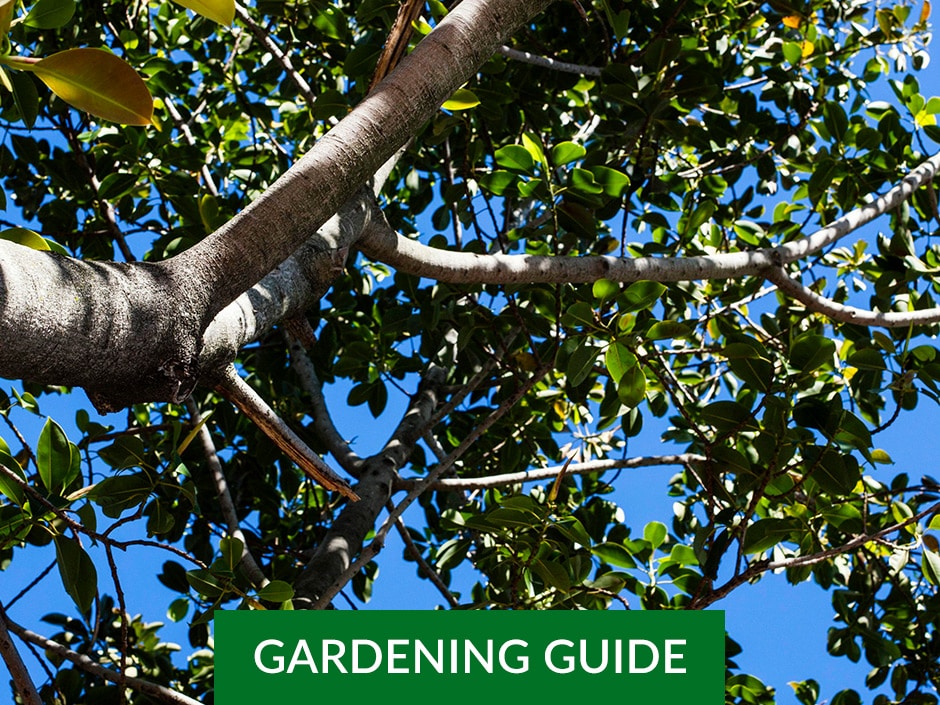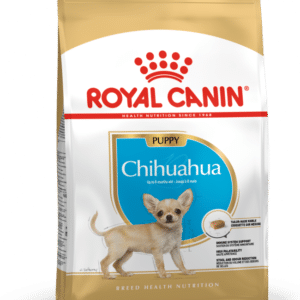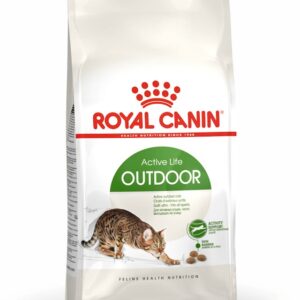September
Western Cape guides

A SEPTEMBER GUIDE TO GARDENING IN THE WESTERN CAPE
Even though it’s officially spring, the weather in the Western Cape typically takes its time to warm up. Use this opportunity to get the garden prepared for when spring really kicks in, and to celebrate one of our favourite events: Arbor Week.
SPOTLIGHT ON: ARBOUR WEEK
South Africans celebrate Arbour Week in the first week of September – a time when we come together as a community and help green our neighbourhoods. Every year, we encourage our customers to take part by running a buy-one-get-one-free-tree promotion throughout the week.
ON YOUR TO-DO LIST FOR SEPTEMBER
PLANT & SOW
- This month you should plant celery, corn, eggplant, green pepper, melon, parsnip, parsley, basiland tomato seedlings.
- Sow the seeds for beetroot, cucumber, lettuce, potatoes and radishes for a summer harvest.
- Plant a few indigenous flowering plants now for a flourish of spring colour when the warm weather unfolds properly. We love arctotis, gazanias, blue felicias, plectranthus and scabiosas.
- Now is a good time to plant dahlia bulbs and dahlia tubers.
- Plant an indigenous tree for Arbor Week, such as yellowwood, leopard, liquid amber, tree wisteria, fever and riverbush willow trees. If you don’t have any space, sponsor a tree to be planted by an organisation such as Greenpop or Food & Trees for Africa.
- There is a wonderful selection of Geraldton waxes available in the nursery to choose from. They make beautiful gifts and will provide you with an endless supply of cut flowers to beautify your home.
FEED
It’s especially important to make sure your plants are getting the nutrients they need before the drier summer months, so we’d suggest feeding your plants with the following:
- Roses will benefit from 8:1:5 fertiliser to encourage a beautiful flush in October.
- Feed existing winter bulbs with bulb feeding or 3:1:5 slow release fertiliser so that they can produce another flush of blooms.
- Feed your lawns with a 2:3:2 and 4:1:1 fertiliser.
- Shrubs and trees will thrive if fed with a 3:1:5 fertiliser.
- Fruit trees will need Nitrosol and 3:1:5 fertiliser this month.
- Start preparing your ground or pots with compost for ground and a rich potting soil for pots and plant summer bulbs like gladiolus and dahlias.
- Start feeding citrus and other fruit trees with 3:1:5 fertiliser to encourage fruit production and too ensure a good crop of fruit for the season.
EXTRA CARE
- If your gardenias have yellowing leaves, treat them with iron chelate.
- Cut back fuchsias to encourage bushy growth.
- Mulch azaleas and camellias with well-rotted pine needles or bark chips once the flowers have faded, then feed with a high-nitrogen fertiliser.
- Spray roses with a rose cocktail made from one part Rosecare, one part Trelmix, one part Seagro, one tablespoon of vinegar and one teaspoon of dishwashing liquid. This will help to protect your roses against pests and fungal diseases.
- Deadhead and cut back leggy winter annuals like pansies and replace the tired looking ones with summer annuals like petunias, portulaca and delphiniums.
- Give winter-flowering shrubs – such as hibiscus and poinsettia – a good pruning after their active season.
OTHER FRESH IDEAS
ESTABLISH A DROUGHT-RESISTANT GARDEN
Although the Western Cape is recovering from the worst of the drought, waterwise planting is a good safeguard for the future and helps you do your bit to save our precious resource. We recommend planning a drought-resistant garden with a colourful array of waterwise plants, such as air plants, aloes, buchu, clivias, fynbos, lavender and succulents.
GROW YOUR OWN: BUCHU
Buchu is part of the Rutaceae family, the same as citrus fruits. Native to South Africa, with a natural distribution restricted to the Western Cape mountain regions, buchu is an edible low shrub, approximately 1.5m high, with white, mauve or pink flowers that bloom in spring. They release an aromatic scent through the oil glands in their bright green leaves, and are used medicinally and in teas and cooking. Buchu is best grown in coarse, well-drained and deep soil, and needs full sun and a frost-free climate.
You might also like
Shop online
-
- Sale!
CHIHUAHUA JUNIOR 1.5KG
-
R314.99Original price was: R314.99.R251.99Current price is: R251.99. - Add to cart Learn More
-
PURE LAWN 100ML
- R99.99
- Add to cart Learn More
-
- Sale!
OUTDOOR 2KG OR 4KG
- R367.99 – R631.19
- Select options This product has multiple variants. The options may be chosen on the product page Learn More




